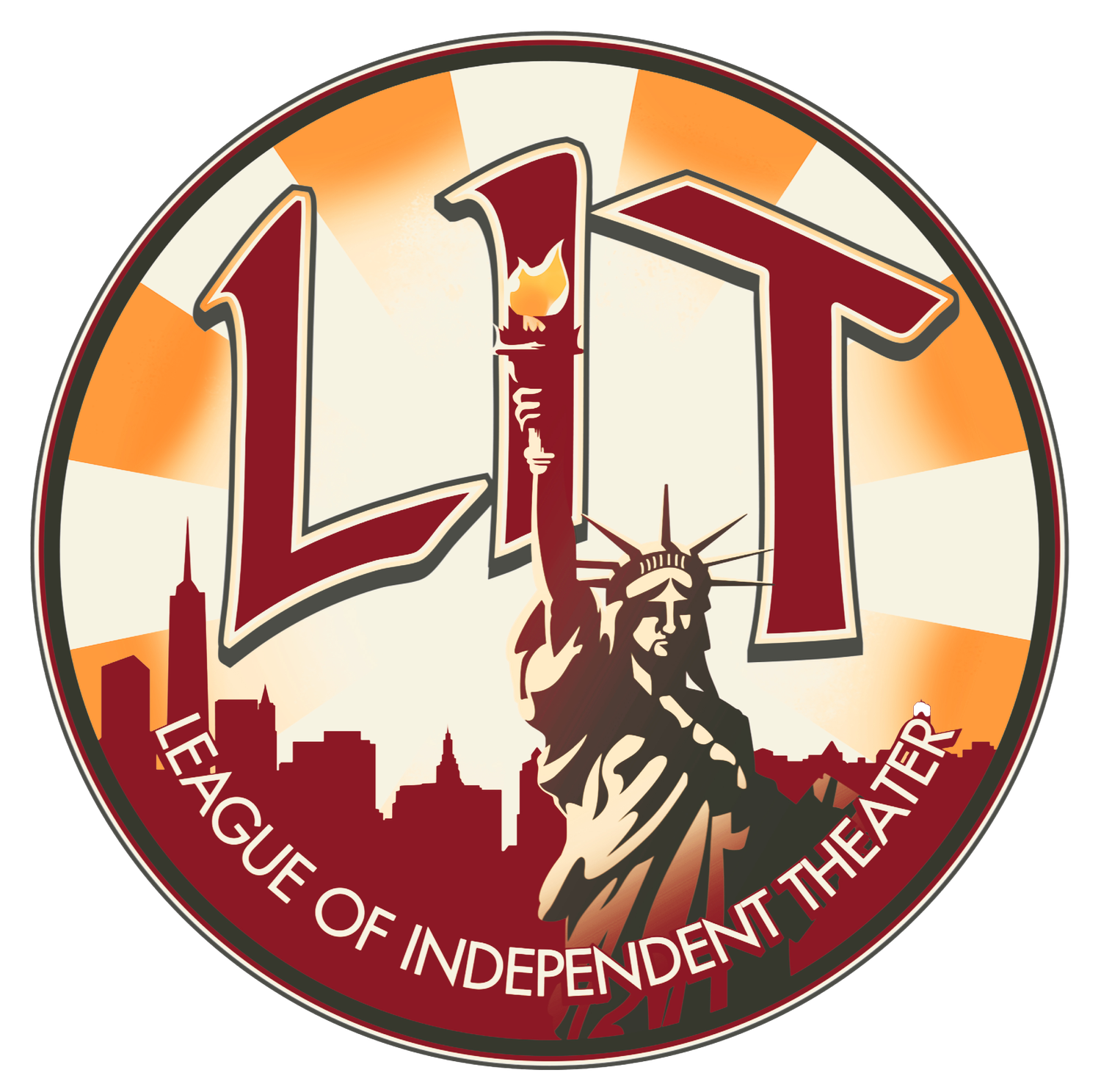TESTIFYING AT NEW YORK CITY COUNCIL
Testifying in front of New York City Council is a powerful way to be heard directly by legislators.
Testifying is your right as a resident of New York and a constituent of City Council.
HOW DO I TESTIFY?
Hearings are now back to being virtual! So you can sign up to testify here.
WHAT OPPORTUNITIES TO TESTIFY ARE THERE?
You can testify at any hearing of City Council.
The Land Use committee (which looks at things like rezonings and land use permits) lists their hearings here.
All hearings are listed here.
WHAT IS A HEARING LIKE?
Generally, the run-of-show for a City Council hearing is:
City Council members will make some short statements
Relevant government agencies will make some short statements
City Council members will ask some questions of the agencies
Public testimony begins (usually starting with some big institutions, and then the general public)
Be aware: sometimes these hearings can run quite long. It can be 1-2 hours before public testimony begins; after that, the public testimony will last as long as it takes for everyone to be heard — sometimes 4-5 hours, even longer on controversial subjects.
(Don’t worry — if you sign up to speak but have to leave before they call your name, it’s not a big deal).
WHAT DO I SAY?
You get 2 minutes of uninterrupted time to speak and you can say basically whatever you want.
Seriously. It’s a two-minute monologue, and you have the right to speak your mind.
A City Councilmember might have a follow-up question, but usually will just thank you for your comments.
OKAY, BUT WHAT SHOULD I SAY?
Here’s a couple tips to be effective:
Emotional personal stories - this is the opportunity for City Council members to hear how the public is personally impacted by policy.
Helpful facts or statistics - don’t go overboard, but if there are a couple numbers that help show that your personal experience is common, that’s helpful.
Focus on one or two themes - two minutes goes by really quick, so focusing on a specific message will help make sure Councilmembers really hear you.
DO I HAVE TO SUBMIT WRITTEN TESTIMONY TO TESTIFY ORALLY?
No, but you can if you want to!
If you wind up being unable to speak, the written testimony will still be part fo the public record.
Your written testimony doesn’t need to match your testimony — you can include more information and data in your written testimony, and use the oral testimony to respond to something you’ve heard in earlier testimony/statements.
IS THERE A SPECIFIC FORMAT FOR WRITTEN TESTIMONY?
No, there are no format requirements. A good template to use would be a formal letter addressed to the committee.
DOES TESTIFYING MATTER?
It has an impact, especially as more and more people testify.
For example, during the COVID-19 crisis, the City passed some laws to protect commercial tenants. When landlords went to court to challenge the law, the court noted that there had been multiple hearings on the law with overwhelmingly positive testimony. The law was upheld.
If there’s a law or proposal being considered, legislators’ staff will definitely count up how many public comments were in favor or against to get a sense of the public response.
Lastly, testimony is most impactful when it brings in voices that City Council otherwise wouldn’t hear. City Council often hears from large institutions that have lots of staff who can attend these hearings. Independent theater is often not heard; similarly, marginalized communities are also often underrepresented.
